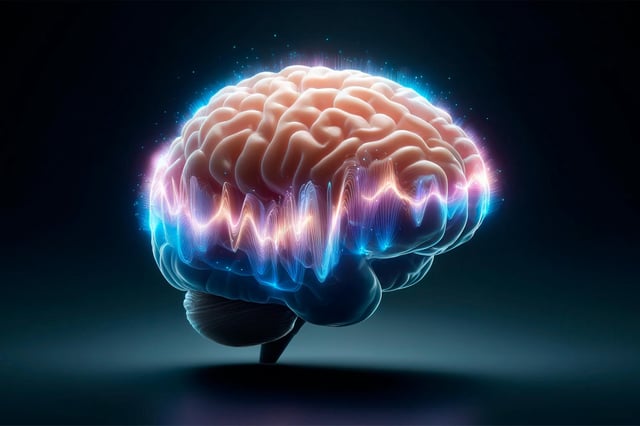Overview
- Studies reveal beta rhythms (14-30 Hz) orchestrate cognitive control by timing and locating gamma wave activity, crucial for sensory processing and motor plans.
- Beta bursts propagate across extensive brain regions, indicating a broad influence on cognitive functions.
- Research highlights the potential of beta rhythms as biomarkers in diagnosing cognitive disorders such as ADHD, schizophrenia, and Alzheimer's disease.
- Further exploration of beta bursts could revolutionize our understanding of brain function and improve cognitive therapies.
- The variability in beta burst characteristics like frequency and amplitude underscores the complexity of their role in cognitive control.

